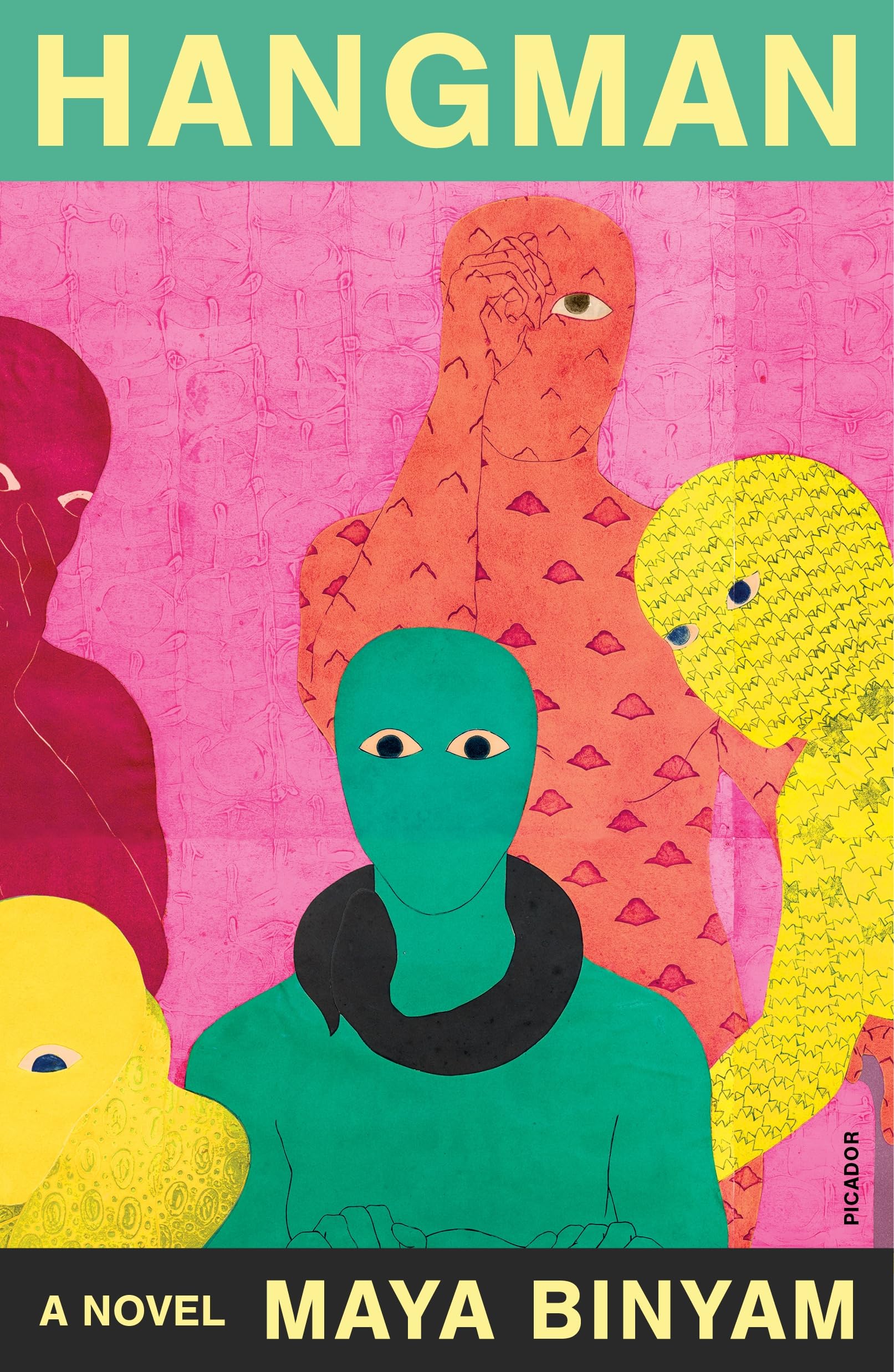What do you think?
Rate this book


208 pages, Paperback
First published August 8, 2023
‘Some situations in life really were confusing and couldn’t be appreciated without prior knowledge about local customs, current events, and other people’s personal lives. However, that information was usually discernible, even if it wasn’t explained in a straightforward manner. Even invisible histories had their physical manifestations.’
‘That was how people, living people, dealt with the new of people who were suffering: pretending to summon the experience of dying…Pretending that it could be controlled was just something that living people did in order to convince themselves that the real experience was something that happened only to others.’
‘Most of the things that happened in life had no meaning, but eventually all the meaningless things combined to produce an emotion so strong that people felt the need to find an explanation for it. So, at the end of their lives, they described the events of their lives through the lens of happiness, or sadness, or resentment, even though the same things happened to basically all of us.’



She told me that politicians pretended to have personalities, but their idiosyncrasies were just traits they developed in order to get elected. To most voters, it was less important for a candidate to have a coherent ideology than it was for them to have a dog, a second home, or a familial sense of humor.I'm sorry, but don't we all know this already? Then we're treated to 10+ pages of two "graduate students" having a tedious political discussion, which the narrator also considered tedious. I'm afraid my enthusiasm dipped precipitously, to the point of abandonment.